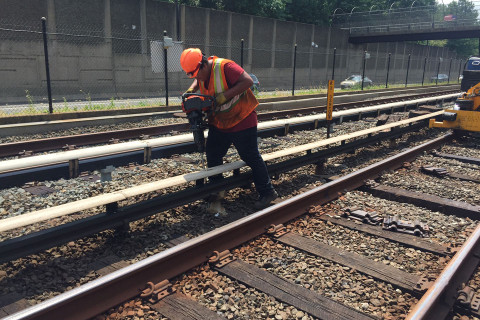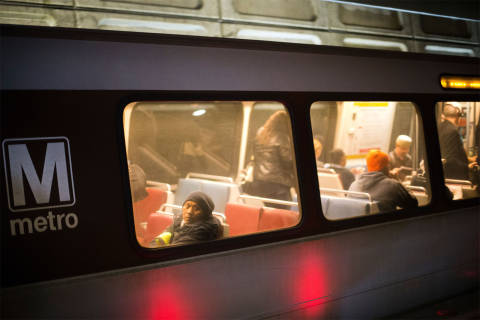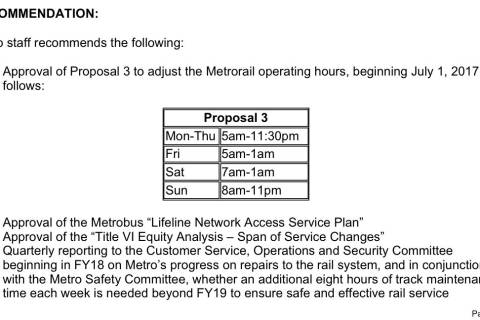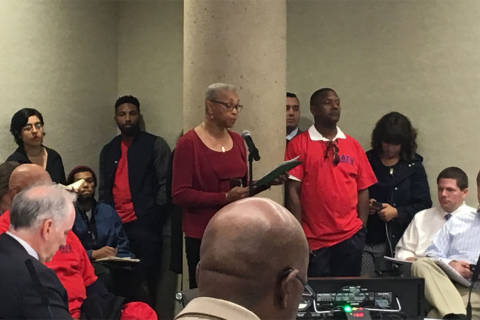WASHINGTON — Plans to cut back Metro hours every day of the week are expected to advance Thursday when a Metro Board committee takes the first official vote on those proposed cuts.
Metro staff recommended cutting back hours to close at 11:30 p.m. Monday through Thursday, at 1 a.m. Friday and Saturday, and at 11 p.m. Sundays. The recommendation would also see the system open at 8 a.m. Sundays, one hour later than the system opens on weekends currently.
“We’ll see what the board does with those recommendations,” General Manager Paul Wiedefeld said Wednesday.
Metro Board Chairman Jack Evans wants the board to only approve the changes for one year — covering July 2017 to the end of June 2018 — so that the Metro Board would be forced to analyze the impact of the hours cuts again sooner, rather than later.
Evans said he expects the board to go along, despite opposition from many riders to any service reductions.
Greater Washington Board of Trade President Jim Dinegar supports the recommended closing times — at least for now — and does not believe the new hours will be permanent.
“They need the time to be able to fix the tracks and maintain it,” Dinegar said. “Look, if and when the system gets better, and you can maintain it faster and more efficiently because you’ve got better cars, because the escalators are working well, because the rails have been replaced and all of the rest, then maybe there’ll be some time that we can take back. But right now, with safety first, I think Paul [Wiedefeld] and his team took the best of a bad situation.”
Wiedefeld, who took over as Metro’s general manager a year ago, instituted “temporary” hours cuts back in June by ending late-night trains on weekends for 12 months. The system now closes at midnight every day.
On Wednesday, Wiedefeld outlined to the next round of consolidated work plans for track work and maintenance that Metro is branding “Back 2 Good.”
“I am confident over the next year that we will improve the experience for our customers,” Wiedefeld said.
Wiedefeld called it a “disgrace” that the nation’s capital has a transit system the region is not very proud of.
Dinegar hopes improvements will help reduce the amount of time needed for the most significant maintenance work, and that the recommended new hours will help.
“It’s more than a compromise. I think they’ve bent over backward to make the accommodations, and this is a fair outcome at this point. Not everybody’s happy about it, but we’re not a 24-hour city and it’s a two-lane pipeline with Metro — those are the dynamics,” Dinegar said.
“It’s hard to be a 24-hour city with Metro only running ‘til 1 o’clock in the morning, but my hope is that the system gets better, it gets safer, it’s fixed up, then we can spend less time doing that ongoing maintenance. But there is a heck of a backlog, and it needs to be addressed,” he added.








